On the night of August 29, giant anti-CCP slogans were projected at Chongqing University. By the time police searched the hotel room where the activist had been, it was already empty, with only a letter left on the desk. (Online photo)
[People News] On the eve of Beijing’s September 3rd military parade, enormous anti-CCP slogans were projected onto the outer wall of a high-rise in Xijie, University Town, Chongqing. The projection lasted over 50 minutes and shocked the entire internet. On-site, a handwritten letter urging police to act conscientiously was left on a table, while the action was also remotely monitored, recording police arriving slowly. It was hailed as one of the most breathtaking and textbook-perfect anti-CCP “tower-challenging” operations in history.
Asymmetric Warfare: Projection Revolution Defeats the Parade
On August 30, Chongqing’s anti-CCP warrior Qi Hong appeared publicly, saying he was simply expressing himself in his own way, sparking a fire of resistance. On the morning of August 31, overseas podcast host Yuan Li of Don’t Understand Podcast conducted a live interview with Qi, during which he recounted his motives, planning, preparations, and detailed implementation of the Chongqing University Town “Projection Revolution.”
Qi Hong, 43, from Shizhu County, Chongqing, is a freelancer, former Taobao shop owner, and skilled in electrical engineering and computers. On August 10, he checked into Mama Hotel in Chongqing, where he stayed until the 20th, continuously testing projectors in his room for 10 days. His equipment—a secondhand projector, a rented engraving machine—was cheap. The hotel booking ran until September 3.
By Qi’s account, the entire operation cost only about 10,000 yuan, a remarkably low figure. With this small sum, he directly challenged the CCP’s September 3rd parade, which costs hundreds of billions. In his words: a split-second defeat for the parade! An economic masterpiece of asymmetric warfare.
From conception to planning, testing, physical escape abroad, and remote execution, Qi’s act was entirely solo—lone wolf action, high-tech control, both thrilling and flawless in outcome.
For safety, he tested at night, carefully measuring distance, angle, wall surface, and focus. With his technical skills, the projection setup was easy. Engraving, which he had never tried before, he quickly mastered. Sensitive anti-CCP slogans were impossible to outsource, so Qi crafted them himself.
Nighttime testing was like live-fire drills—real projection in real conditions. But projecting anti-CCP slogans risked instant arrest. Qi devised a ruse: projecting harmless “positive energy” slogans such as ‘Daily Exercise is Good for Health’ during tests. With this decoy, he successfully calibrated the system.
Lone Warrior Challenges the CCP, Victorious in Solitude
Originally, Qi planned to act on the day of the September 3rd parade, with the slogan: “Down with Red Fascism, Overthrow CCP Tyranny.” The parade commemorates the 80th anniversary of the anti-fascist victory, but as Qi saw it, the CCP was simply “a thief crying stop thief,” so he exposed them in kind.
He chose University Town in Chongqing as the projection site because he believed students must awaken. He scouted other locations, including Three Gorges Square and Guanyinqiao Pedestrian Street, and considered using drones to drop leaflets or hang banners. But finally, he settled on projection at University Town, inspired by Chai Song’s 2023 anti-CCP projection at Wanda Plaza in Jinan.
By August 20, everything was ready except timing. That afternoon, Qi flew with his wife and two daughters to the UK. He hadn’t revealed his plan to anyone—not even family—telling them it was just a vacation. Casually, he hinted, “Maybe we won’t come back.”
Once they landed in the UK, Qi felt completely secure. While sightseeing, he remotely monitored the hidden “battlefield” in Mama Hotel, Chongqing—thousands of miles away.
Qi was confident because he had prepared meticulously: he obtained an extra electric card from the hotel to ensure power, disguised the equipment with bags and curtains, and set up the room camera with an alarm system. If anyone entered, he would be notified instantly overseas.
Wary of delays, Qi launched early: on the night of August 29, he pressed a button—and became legendary. The internet erupted, and the CCP, like a startled bird, panicked. Police harassed his mother and detained his brother and relatives in Chongqing. But in his broadcast, Qi declared: This was his solo action; no family member had any knowledge or involvement.
Qi’s courage inspired thousands of anti-CCP fighters online. Netizens rallied, voiced support, and spoke out for him and his family.
Qi Hong’s Life Story: A Microcosm of Ordinary Chinese
What drove this lone warrior to such a decisive anti-CCP stand? His own story, told on the podcast, shows it was the CCP itself that forged him.
Born in rural Shizhu County, Chongqing, Qi dropped out of school at 16 in 1998 to work in Dongguan. Without a residence permit, he was arrested and detained overnight. His first lesson in society was a fist from socialism.
Later, he worked in Hangzhou, Fujian, Guangdong, saving just over 1,000 yuan. In June 2000, he ventured to Beijing, “the capital of virtue,” but at Beijing West Station was falsely accused by a vendor of using fake money, then detained and threatened by police.
Soon after, while visiting Tiananmen Square, he was mistaken for a Falun Gong practitioner and arrested. Though police later realised he wasn’t, they jailed him for 20 days in Changping for lacking a residence permit. During detention, he suffered sexual abuse from a male officer and was repeatedly slapped when he resisted.
By age 20, he had already been arrested three times, his body, dignity, and spirit gravely scarred. He saw firsthand the CCP’s brutality and decadence, and how it treats the powerless as less than human.
Despite little formal education, Qi was intelligent and self-taught. He worked in Beijing, started an online store, earned money, married, had children, bought a car and home—rising to middle-class. Life seemed better. Then came three years of pandemic lockdowns: forced testing, vaccinations, sealed neighbourhoods. Qi refused compliance, often climbing compound walls to work.
He despised CCP propaganda, especially its education of hate, teaching his daughters instead to think independently. He told them, “The CCP always wants to seize Taiwan. But if life under the CCP were good, Taiwan would naturally return.”
In 2021, he returned with his family to Chongqing for his children’s schooling. Inspired by Peng Lifa’s Sitong Bridge protest and the youth-led White Paper Movement, and disillusioned by Xi Jinping’s tyranny, he lost all hope in the regime.
Qi’s life story is a mirror of China’s underclass: humiliated, exploited, bullied. Wherever there is oppression, there is resistance. The CCP sowed the seeds, and now reaps the consequences. History is decaying, and the CCP is digging its own grave.
(First published by People News) △

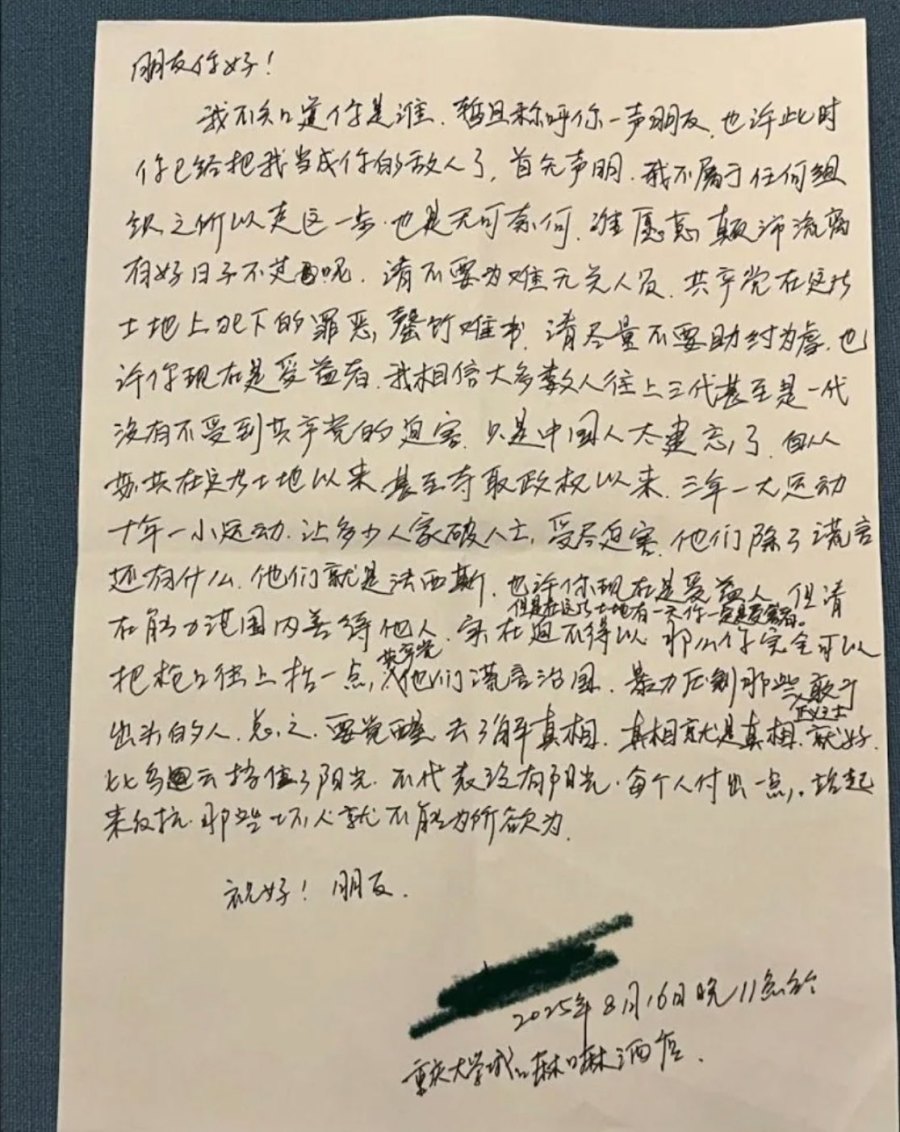
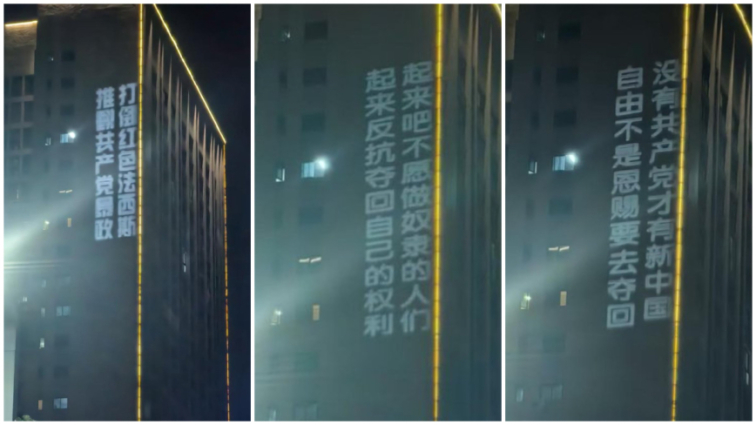
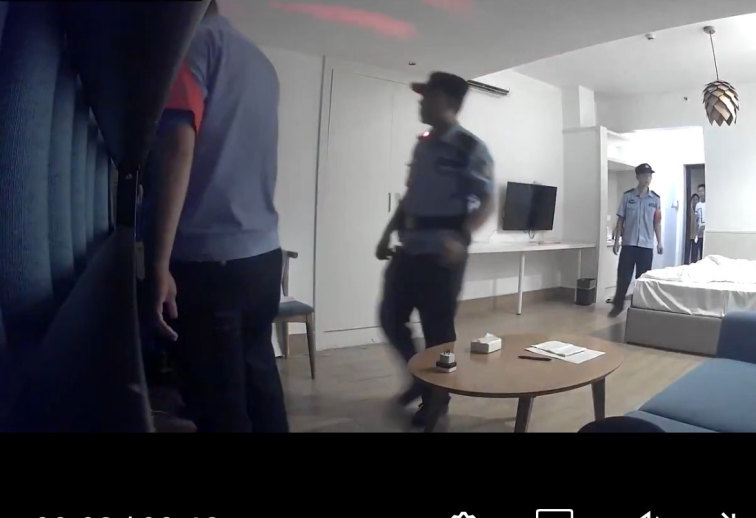


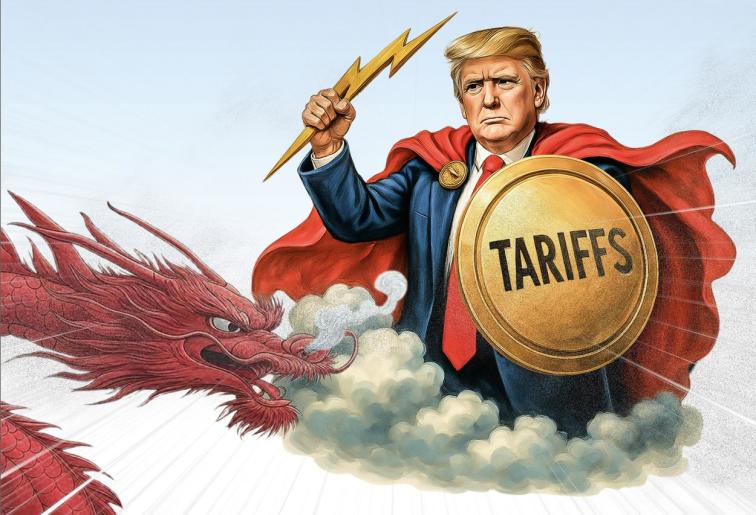


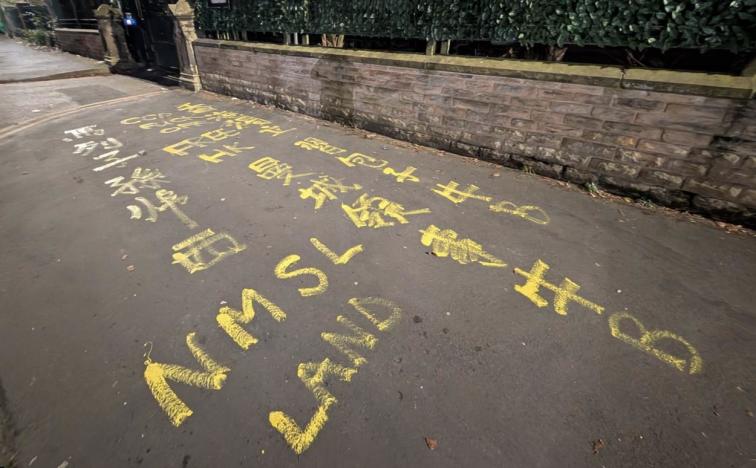

News magazine bootstrap themes!
I like this themes, fast loading and look profesional
Thank you Carlos!
You're welcome!
Please support me with give positive rating!
Yes Sure!